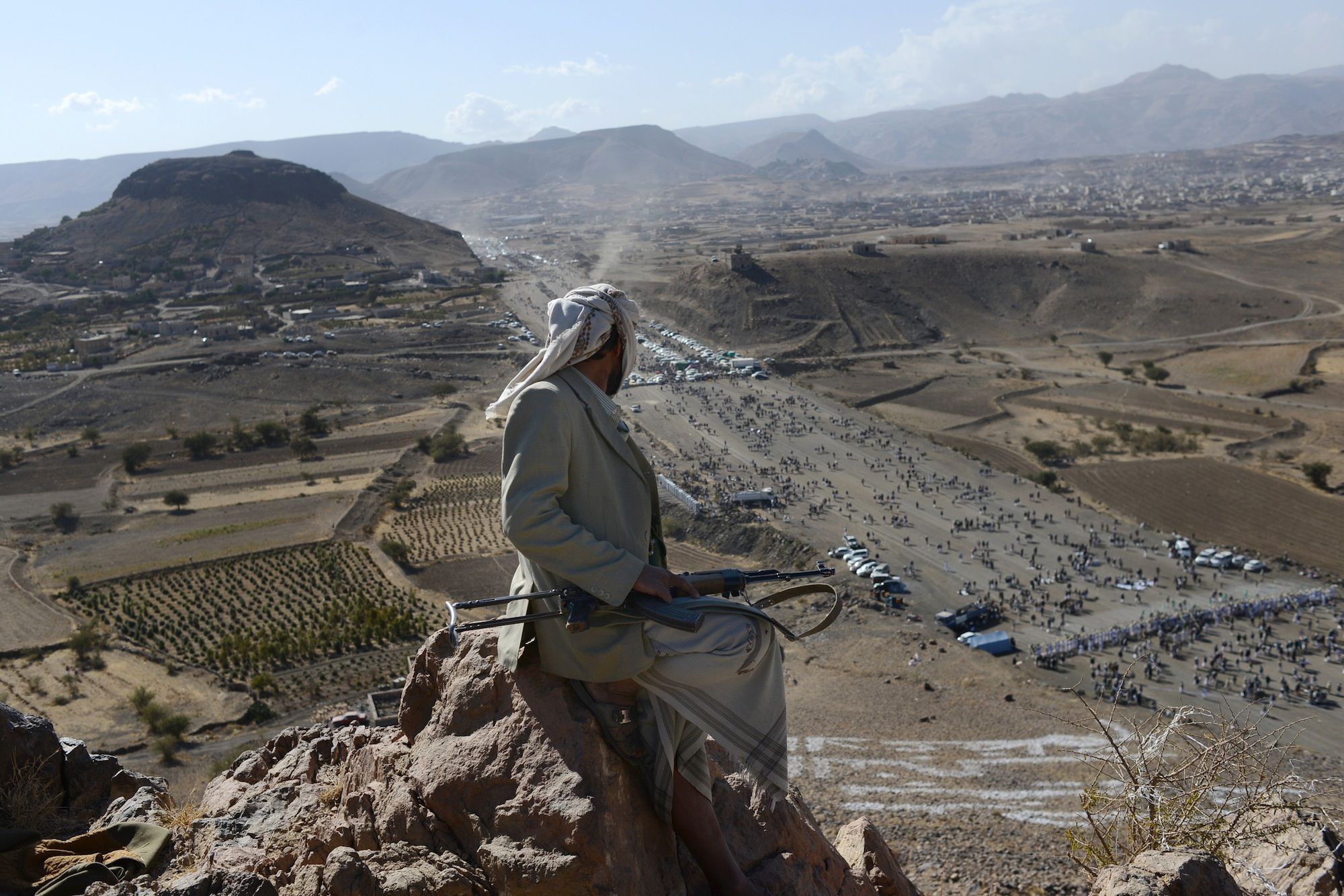
Editor's note: The photojournalist who produced this story is not being identified because of reporting restrictions and security concerns.
Yemen was once known for its rich culture and kind people, but today it is infamous for its instability. After the bloody revolution of 2011, Yemenis looked for something to cling to, and many found hope for stability in the Houthis. Once a small group in the highlands seeking to revive their religious and cultural practices, the Houthis--beaten down by the Yemeni government in six wars between 2004 and 2009--waited and rose up when public demand for security finally gave them the backing they needed to act.
By the end of 2014, not only did they have the loyalties of much of Yemen's north, but they had invaded the capital and held the acting government hostage as well.
In early 2012, the only shouts one would hear around Sana'a were those calling for friends across the street; someone yelling up to the third floor of a gingerbread-style tower home for the key to be thrown down; the clamor of children playing in the narrow alleyways; and tourists, while rare, eliciting cries of, "Where are you from? Hello! I love you!" loudly around every corner.
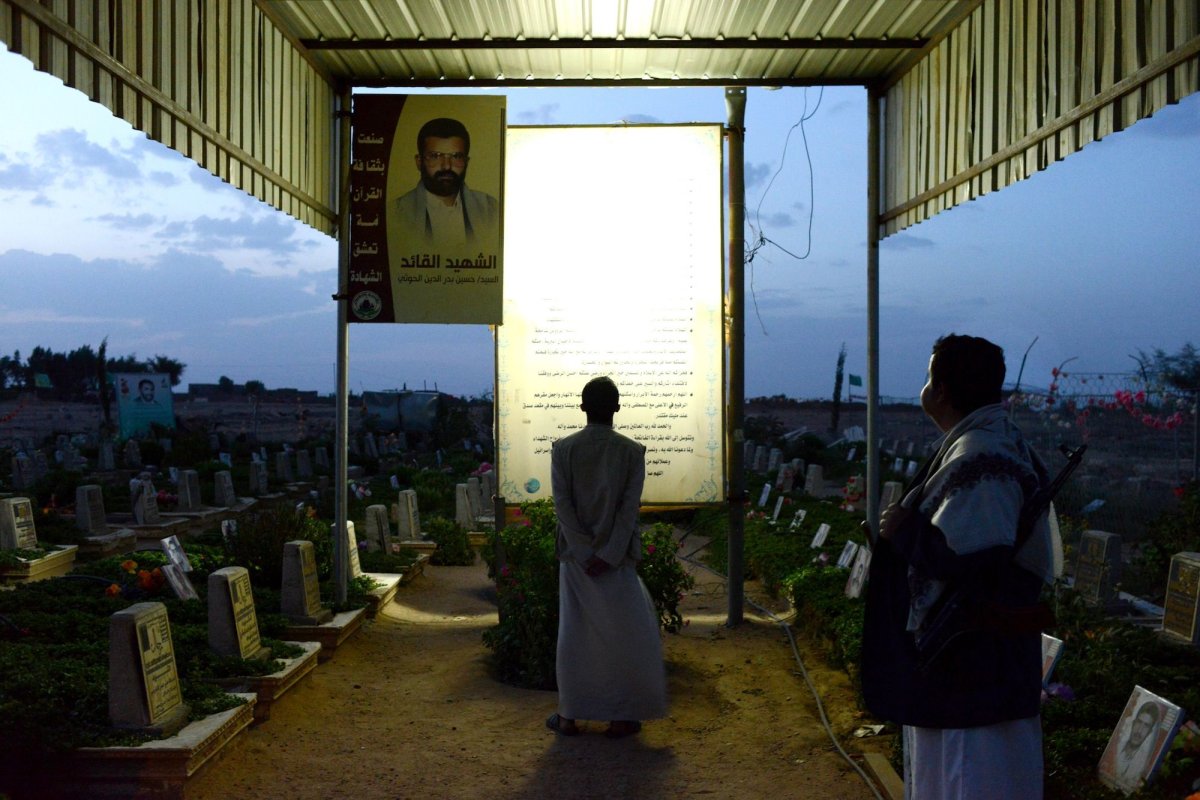
A year later, "The Scream" took to Sana'a's streets.
"The Scream" is the Houthis calling card (the phrase is translated from al Sarkha in Arabic), proclaiming, "Death to America, death to Israel, damn the Jews, victory to Islam." It is usually more of a clarion call than a threat, especially when followed by a large smile and belly-laugh by the screamer.
First shouted by Hussein al Houthi in the ancient Grand Mosque of Sana'a in 2004, it was "The Scream" that started the multiple wars of the Yemeni government against the Houthis. Despite the acerbic words, adherents tend to claim it is to call attention to governments of the West, never to harm individuals. The Houthis have never attacked anything of Western interest, and in fact have a common enemy with America–Al-Qaeda.
"We do not really want death to anyone," said Ali al Bukhayti , the former spokesperson and official media face of the Houthis, during an interview last September. "The slogan is simply against the interference of those governments."
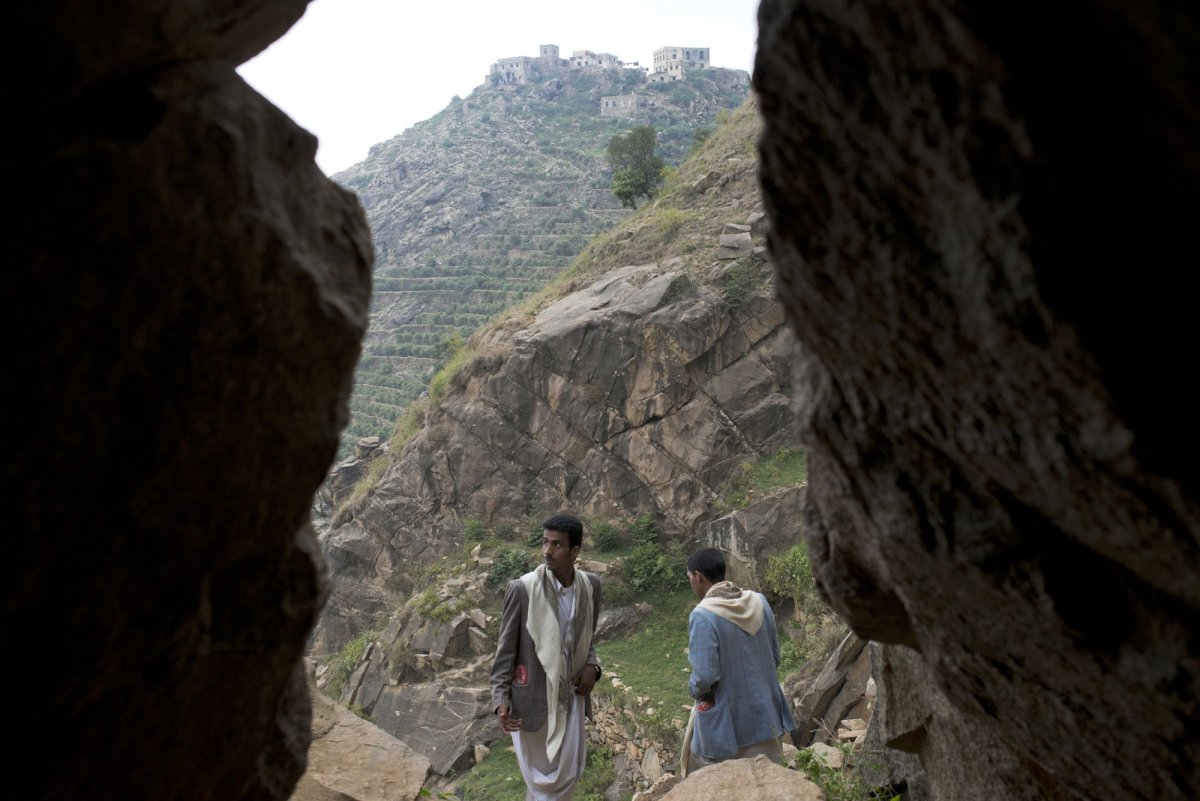
In January 2013, the Houthis held their first mass gathering in years. Despite participating in the revolution, they had not gathered in such large numbers close to the capital. Tens of thousands of men, and about a thousand women, flooded a barren stretch of land outside the capital, gathering supposedly for the Prophet Muhammad's birthday. The dusty mountain landscape was littered with thousands of green flags, posters with the words of "The Scream" and murals dozens of feet high were painted on a mountainside proclaiming, "Welcome to followers of the prophet Muhammad."
This gathering, which would be held annually every year since, was no simple religious celebration. On a jumbo screen at the front of the crowd, Houthi leader Abdul Malik al Houthi spoke not only of the day of celebration, but of politics as well and painted his vision of the way forward after Yemen's revolution.
Standing atop a mountain above the crowd, "Death to America" echoed across the plain. For the first time, it seemed intimidating.
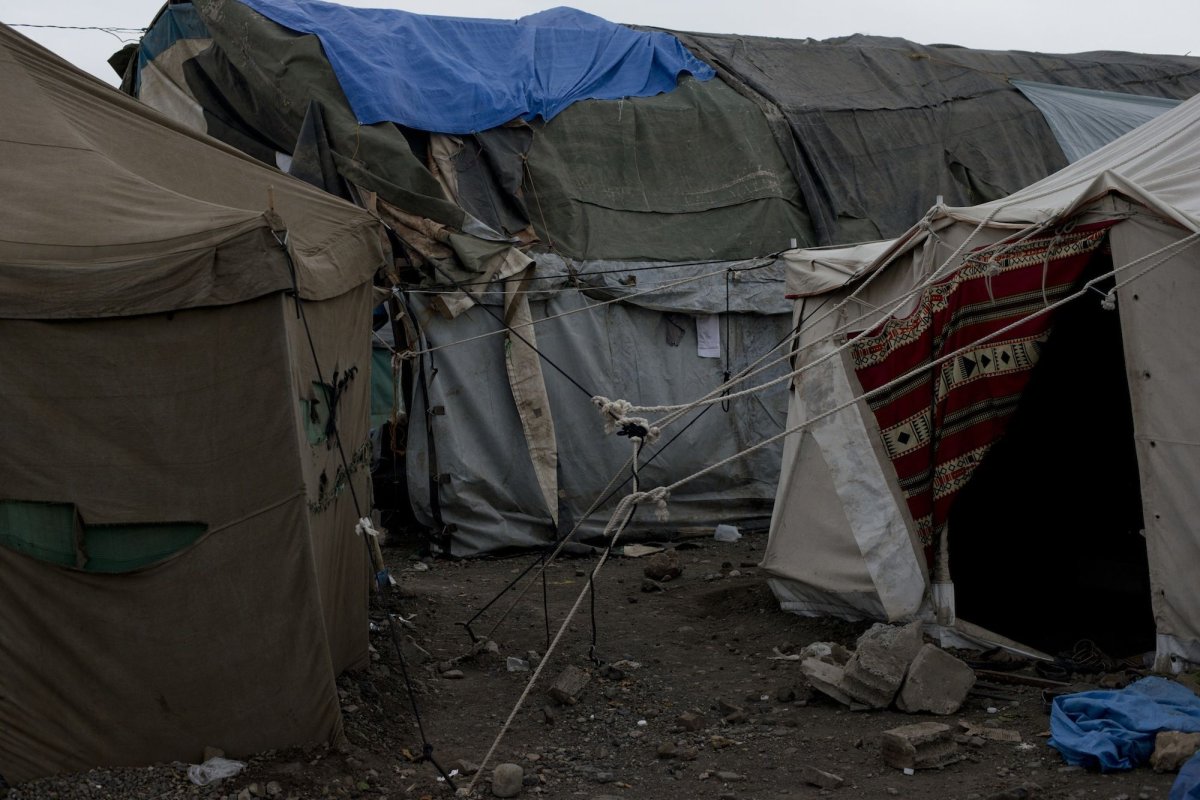
Throughout 2013 and 2014, the Houthis gradually gained ground in Sana'a and Yemen's north, holding gatherings where green banners proudly proclaimed each loyalist area. "They are destroying the Old City with these slogans. All the flags are really unnecessary, it's like they are marking their territory," said Mohammad Abdo, a resident of Sana'a, while visiting Old City at the end of January.
In essence what the Houthis call for are things that all Yemenis crave: government accountability, the end to corruption, regular utilities, fair fuel prices, job opportunities for ordinary Yemenis and the end of Western influence.
Many Yemenis believe the Houthis are right in pushing out Western influence and decision making, and blame U.S. interference for allowing former President Ali Abdullah Saleh to avoid prosecution or exile for crimes against his people during the Arab Spring uprising. Under a deal he was allowed to step down and still remain in the country.
The presidency was essentially handed over in a one-man election, mandated by the Gulf Cooperation Council as Yemen's first step in transition, to Abd Rabbuh Mansur Hadi, who many Yemenis regard as a puppet of the United States. Mohammad Ali, a young merchant from Old Sana'a who participated in the Arab Spring, reiterated these beliefs: "The United States supported the Gulf Plan, which seemed like a good idea at the time. But they gave Saleh an easy way out, and our political process is not moving forward. The promises were ink on paper only." Though the Arab Spring protests gathered thousands of Yemenis to remove Saleh, he still commands the allegiance of thousands more, including the membership of his political party, Moatamer, the largest in the country.
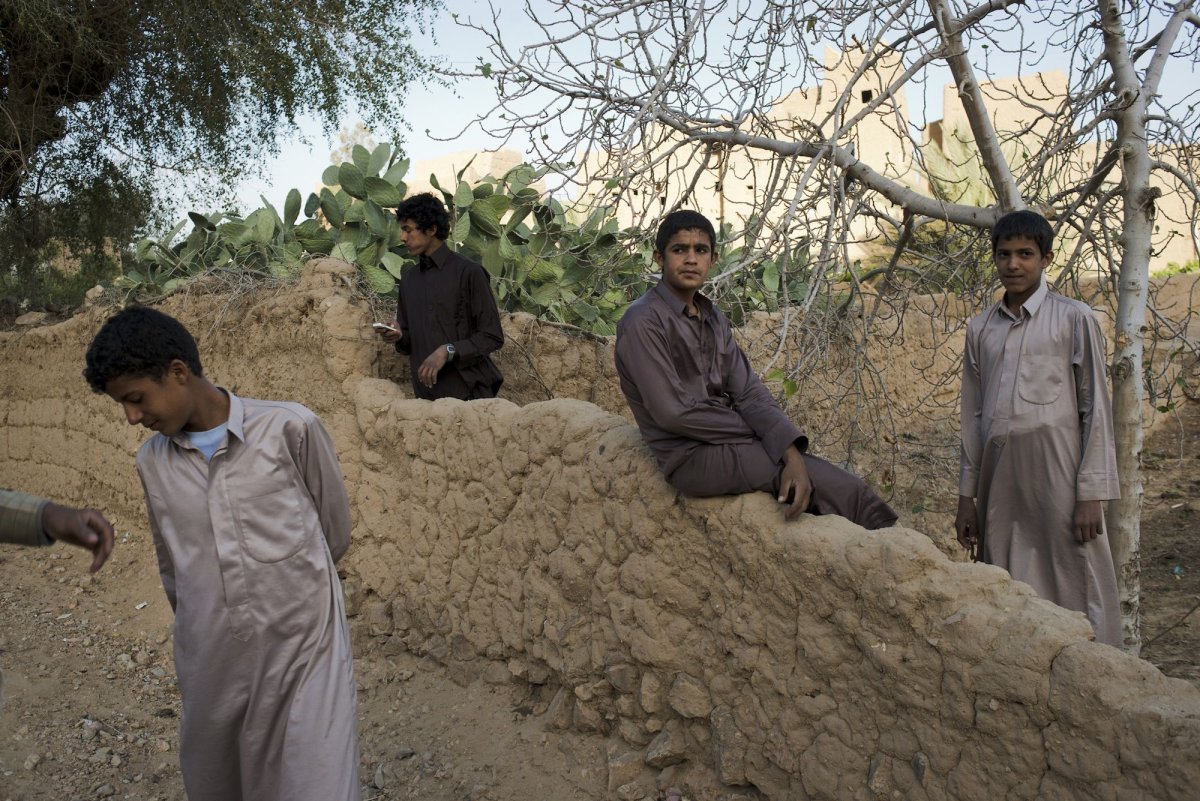
The Houthi vision, created by their founder, Hussein al Houthi (who was killed in a 2004 war against the Yemeni government), was picked up and strengthened by their current leader, Hussein's brother Abdul Malik, and is epitomized in their stronghold in the northernmost province of Sa'ada.
Supporters claim that Sa'ada, the birthplace of the Houthi movement, is now one of the most peaceful and well-run areas in all of Yemen. Residents have nearly 24-hour electricity and consistent water supplies; and the sound of gunfire is almost non-existent and the old city of Sa'ada, which was reduced to rubble less than a decade ago but is now almost completely rebuilt in traditional mud-brick tower house style.
Sa'ada residents proudly described their safe city during a visit in March 2014. "We never even hear gunfire from our house. Can you say this about your city?" said one woman who asked not to be identified. During an anti-government protest last year in Sa'ada, a tribesman in attendance realized I was American. He paused in shock, grinned for a moment and offered me a free flag to wave and said, "Welcome, we love you Americans!"
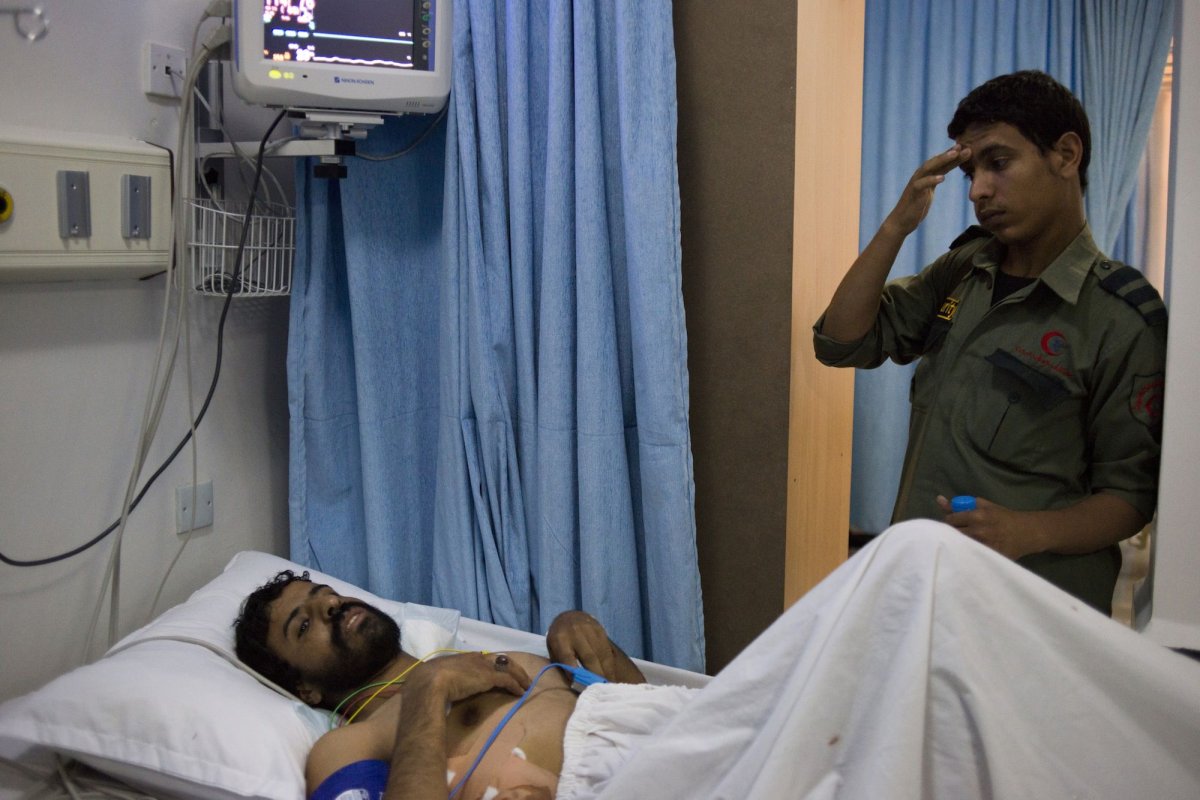
The Houthis' boldest move came in September 2014, when after months of protesting against the removal of fuel subsidies Houthi fighters swept into Sana'a. Most brigades of the armed forces all but stepped aside.
One Houthi fighter from outside Sana'a stood proudly after the takeover in a room at Moaiyed Hospital, his normally white thobe stained with blood, and his right arm bound in a cast. "I believe in the aims of Ansar Allah [the Houthis]. They get rid of the corrupt and fight for the people," said the man, who didn't want to give his name. "See, my arm is bound, but my trigger finger still works."
The Houthis replaced soldiers by the hundreds at checkpoints around Sana'a and began dressing in military garb. The green flags usually reserved for holidays went up around the city, declaring their dominance.
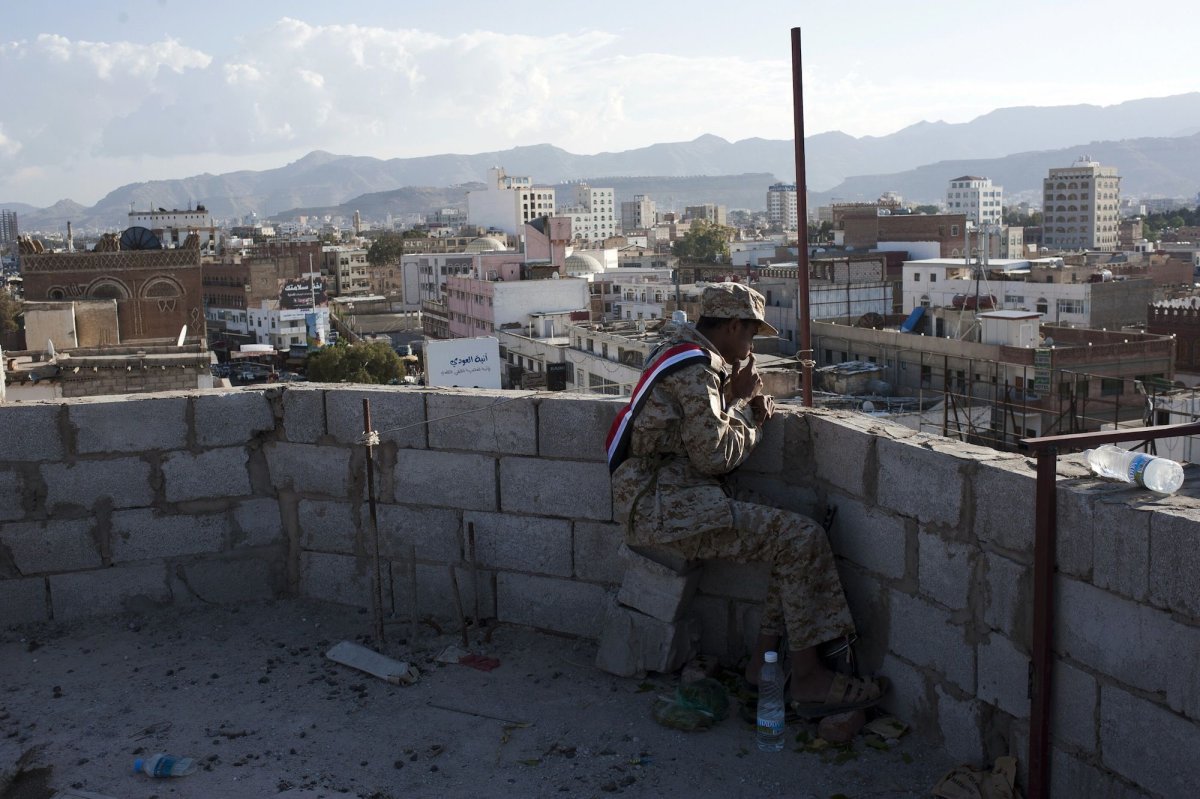
Months later, the normally bustling streets of central Sana'a were completely empty on February 6, as the Houthis were in the midst of deciding how to move forward. Houthi supporters cut off the streets and when asked for a reason why, relaxed-looking gunmen on every corner give a similar answer: "They are building the government."
Later that day power was cut, and fireworks lit up every corner of the sky in Sana'a with the announcement the Houthis would form a new parliament and government council to run the country.
What this means for Yemen is yet to be seen. Though the international community worries about their intense opposition to Western interference in Yemeni politics, officials are more focused on the possibility of flaring sectarian tensions in the country, where sectarianism has historically never been a problem. Increasing attacks and rhetoric from Al-Qaeda has laid fertile ground for sectarianism to grow.
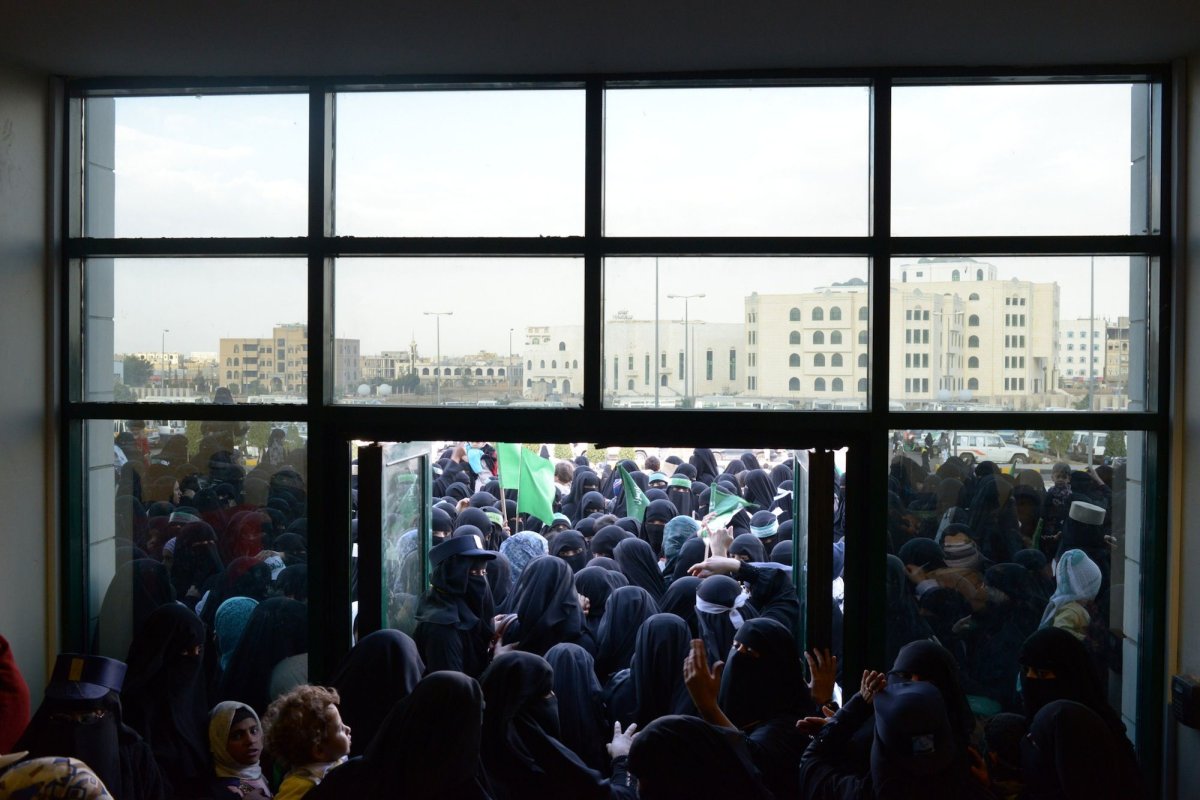
The rise of the Houthis came about through a series of tribal, class and border conflicts coming to a head when the common Yemeni needed a strong leader with a clear vision. It's too soon to know for how long they will hold power, and if they are able to provide security on the streets, consistent service, and a strong state with a way forward that the Yemenis who brought them to power demand. If Yemen descends further into chaos, it is possible they will fall out of favor, just as the many powerful parties before them.
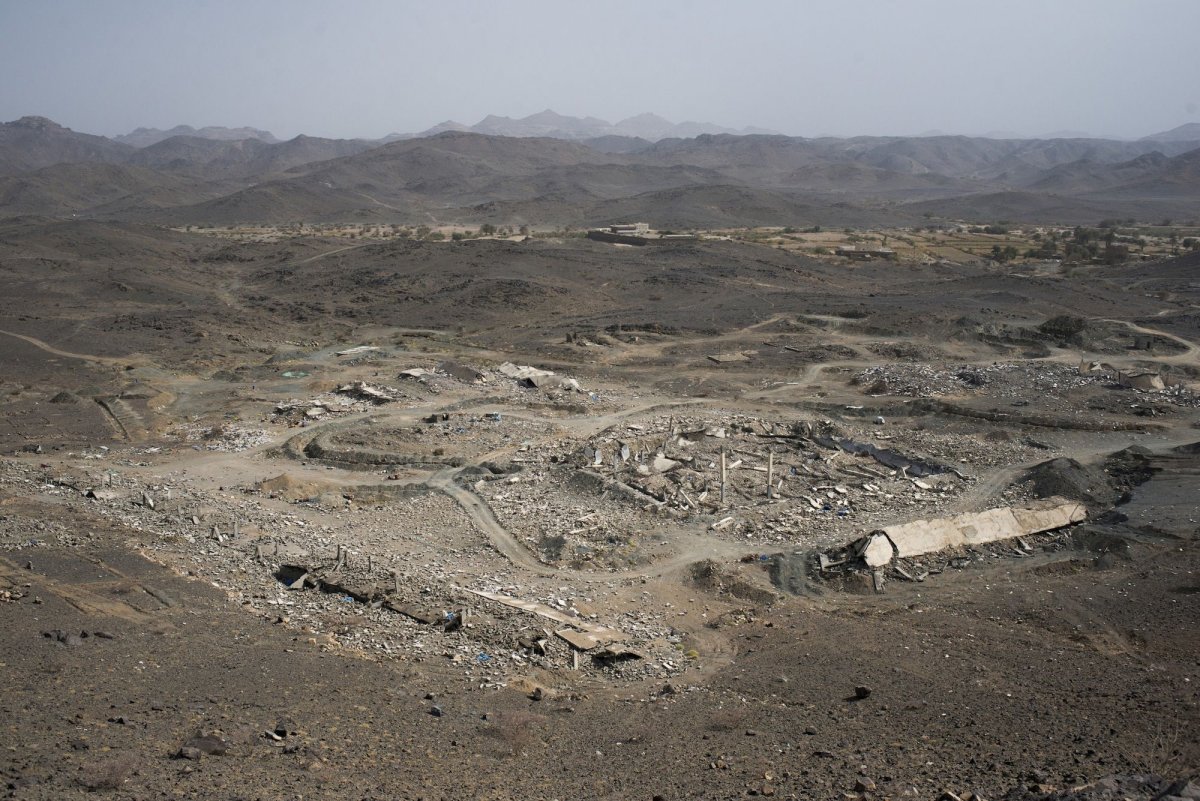
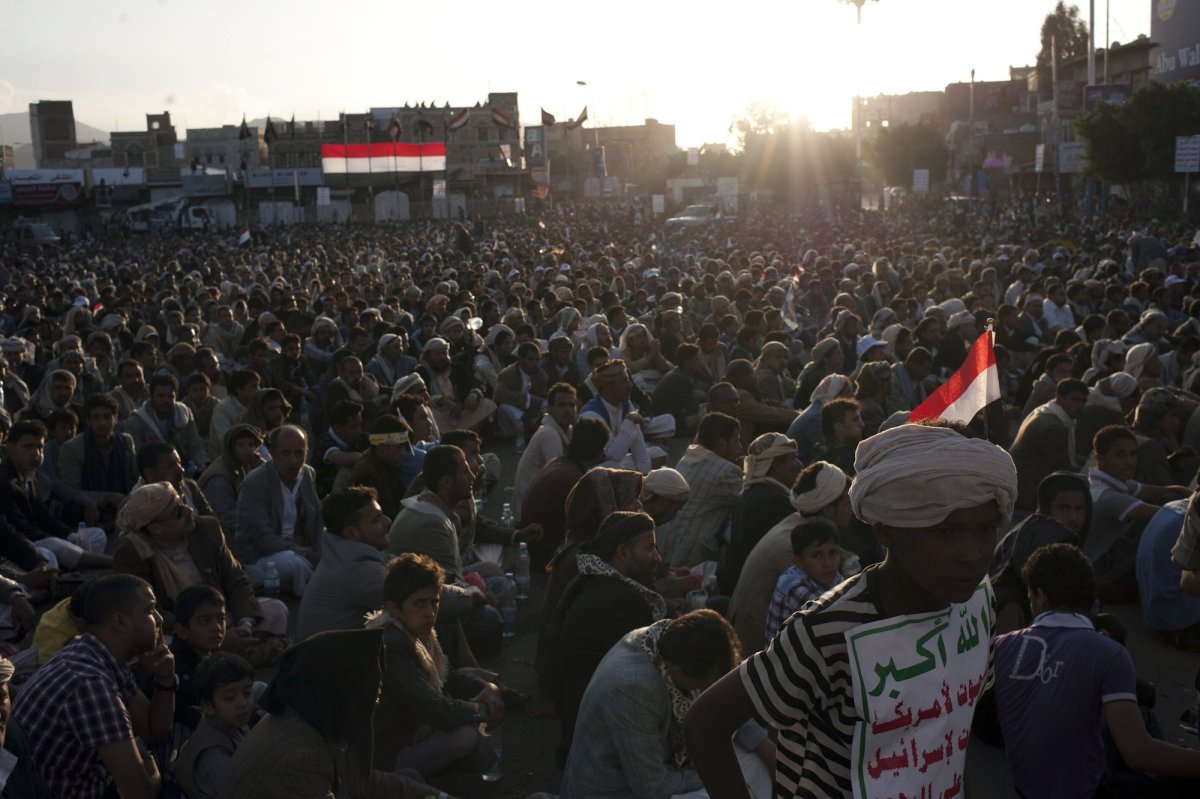
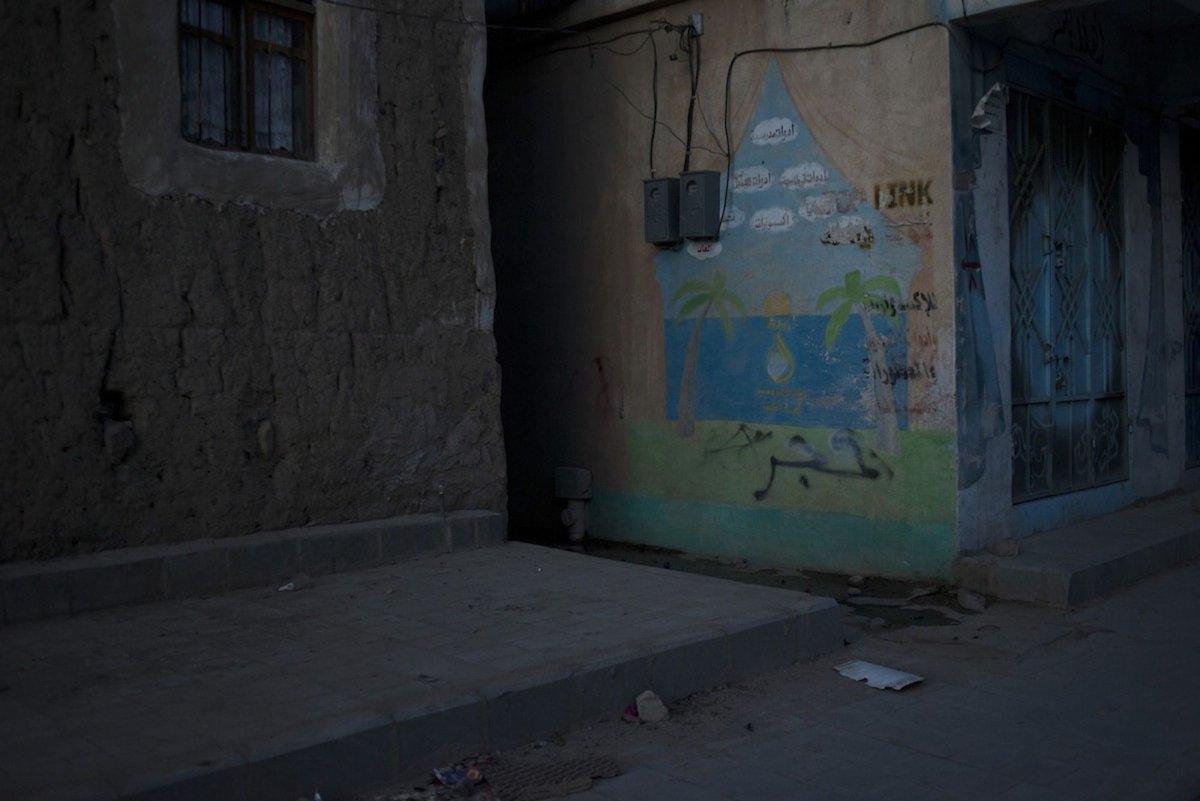
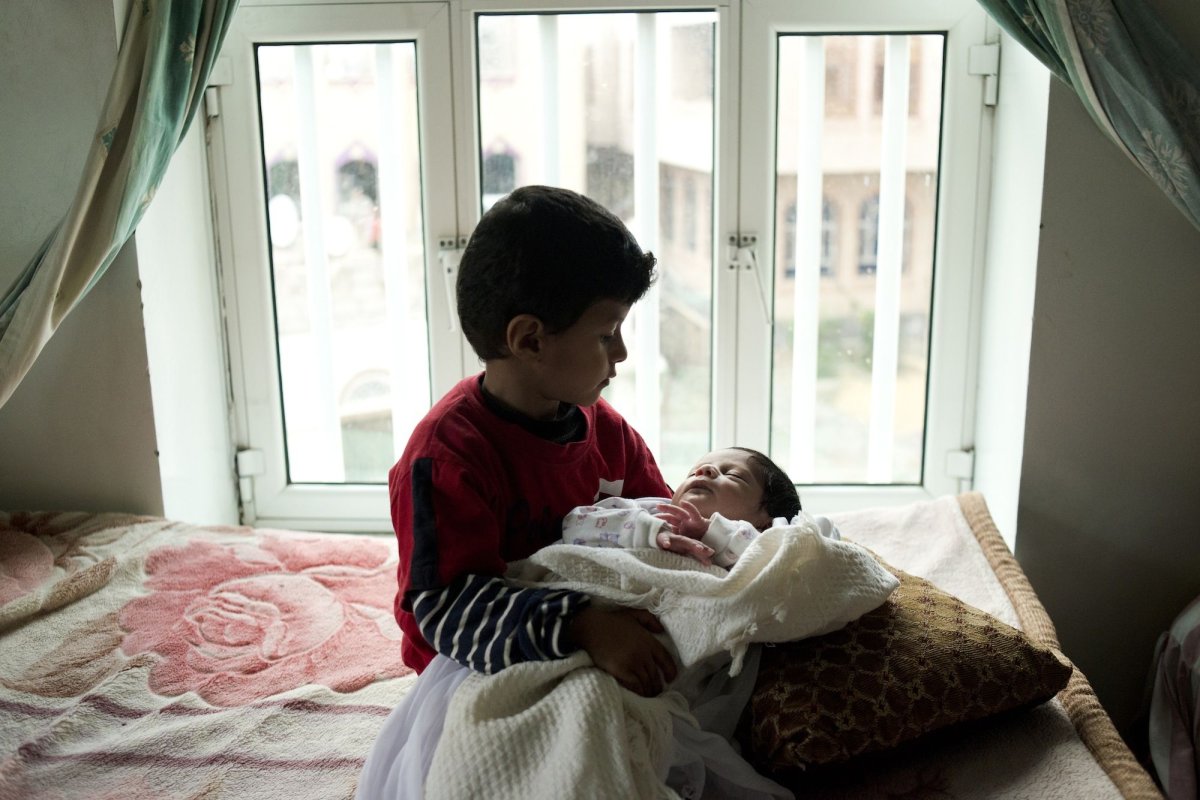
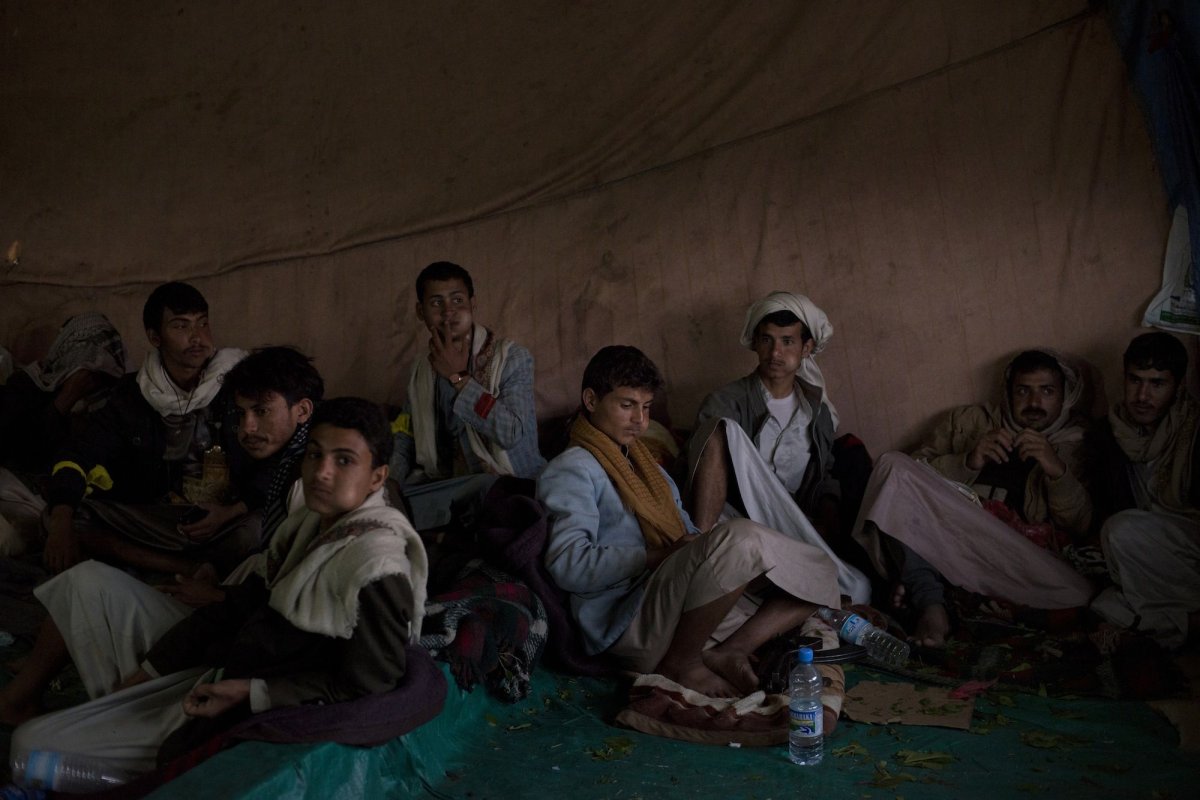
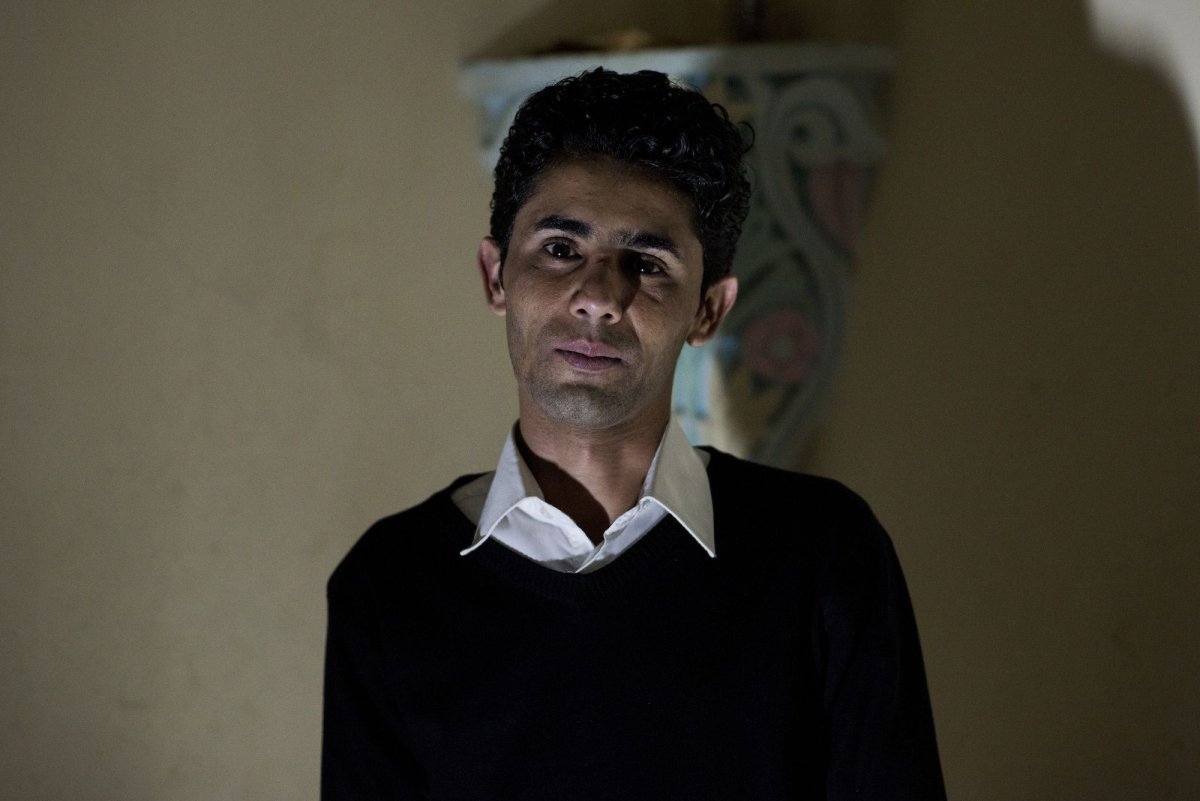
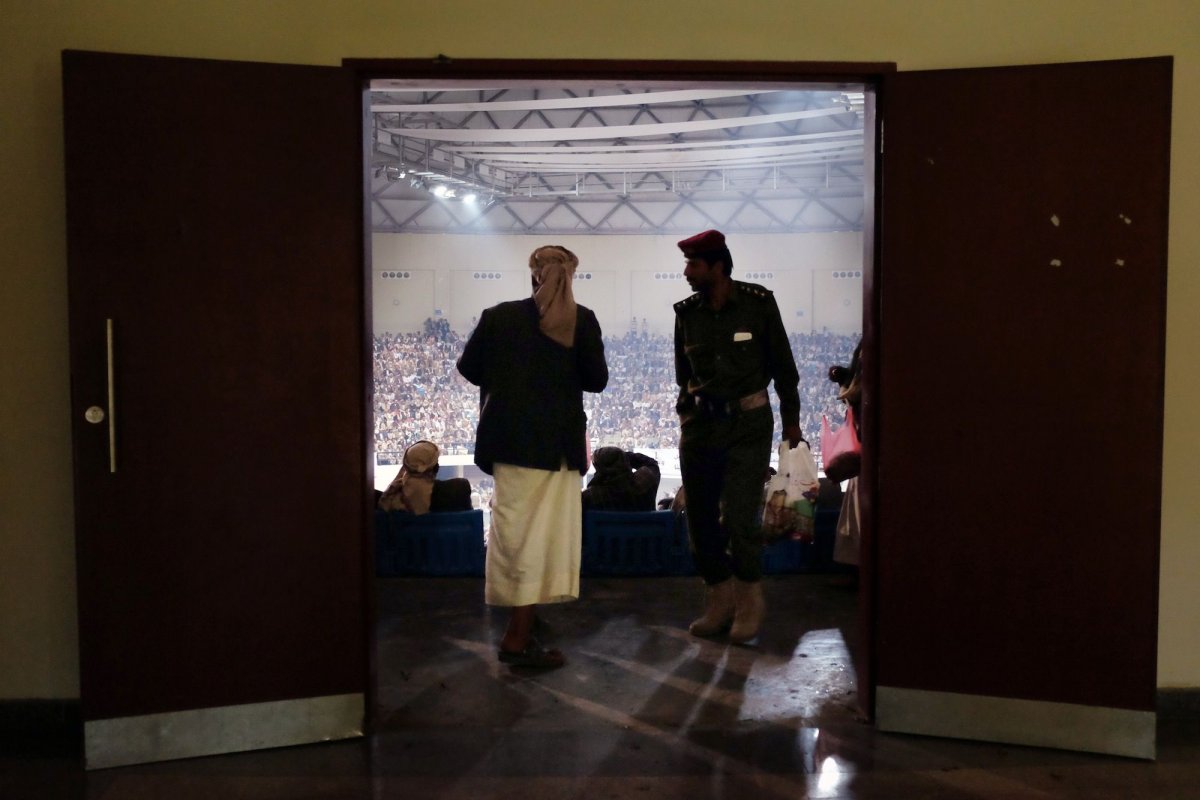
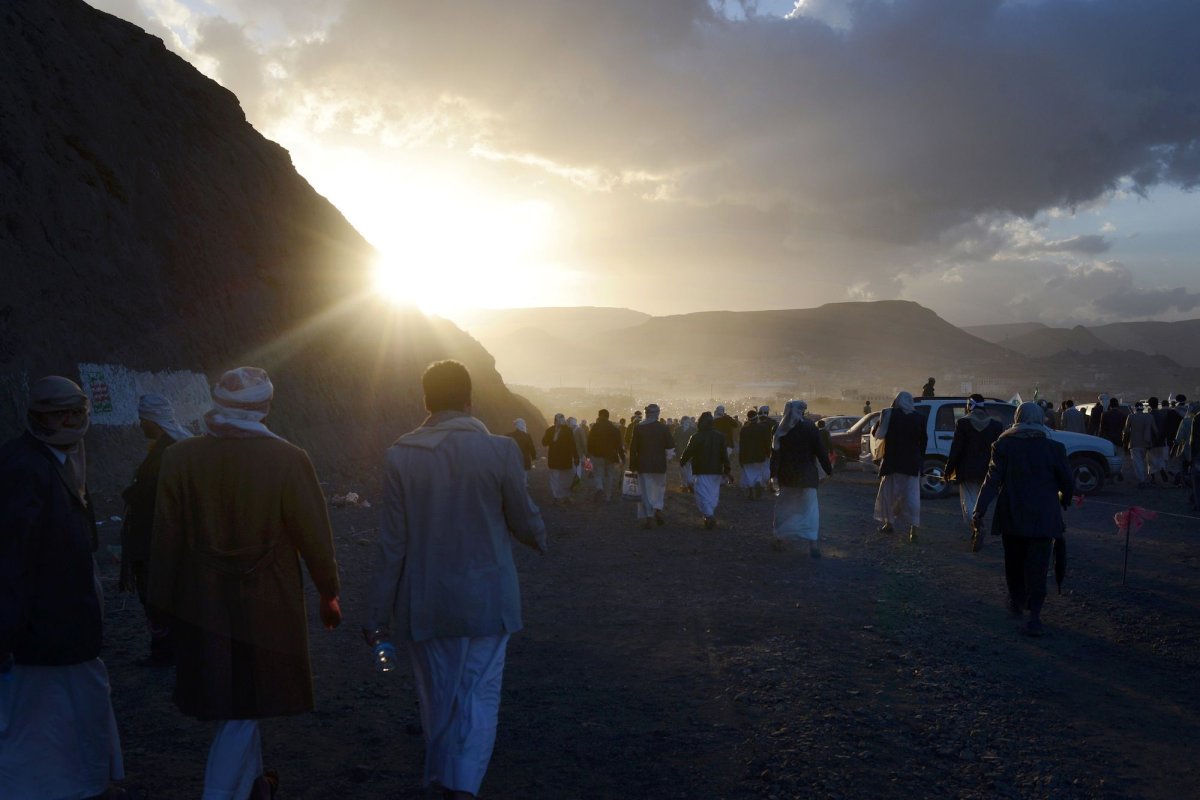
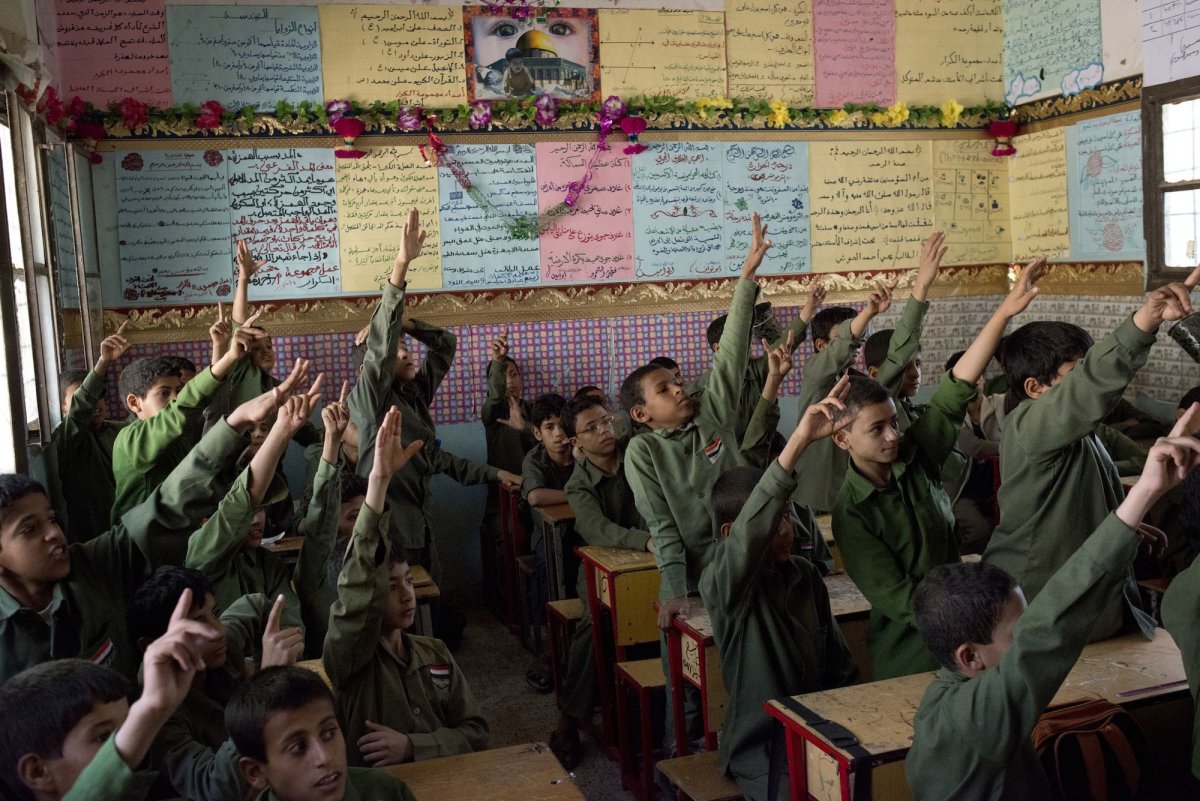
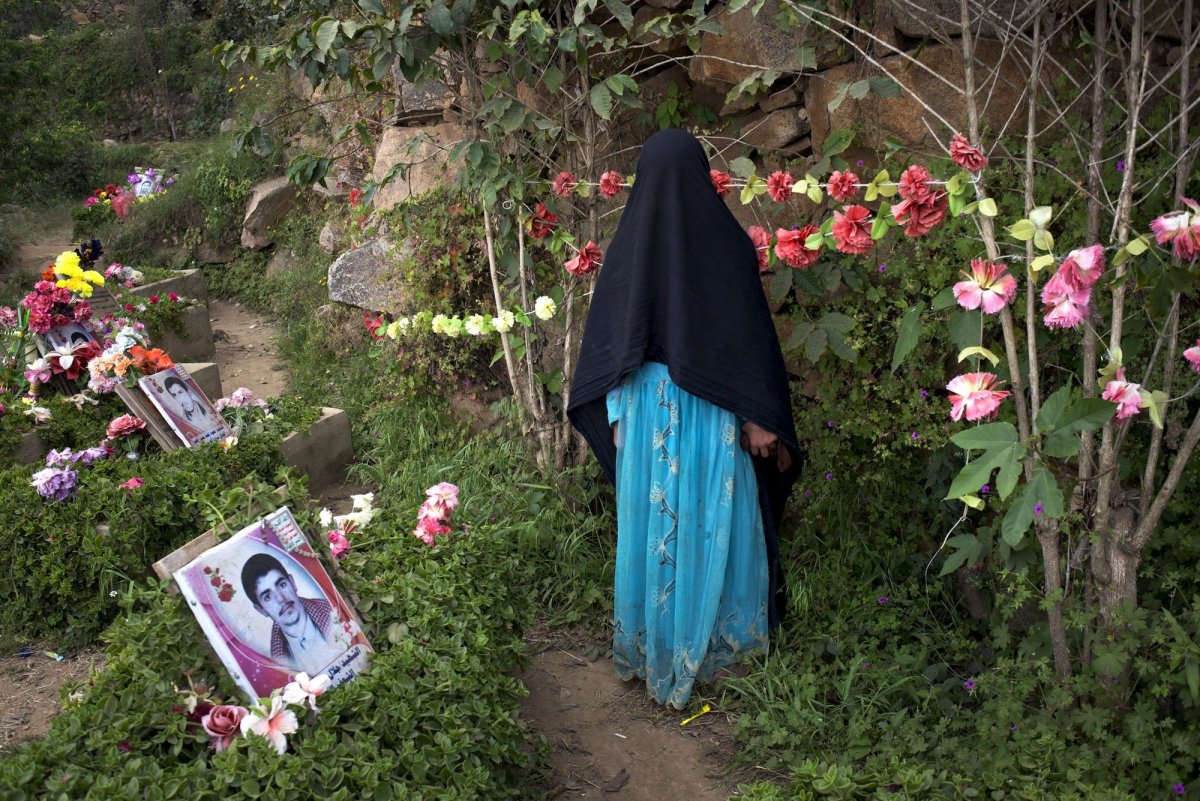
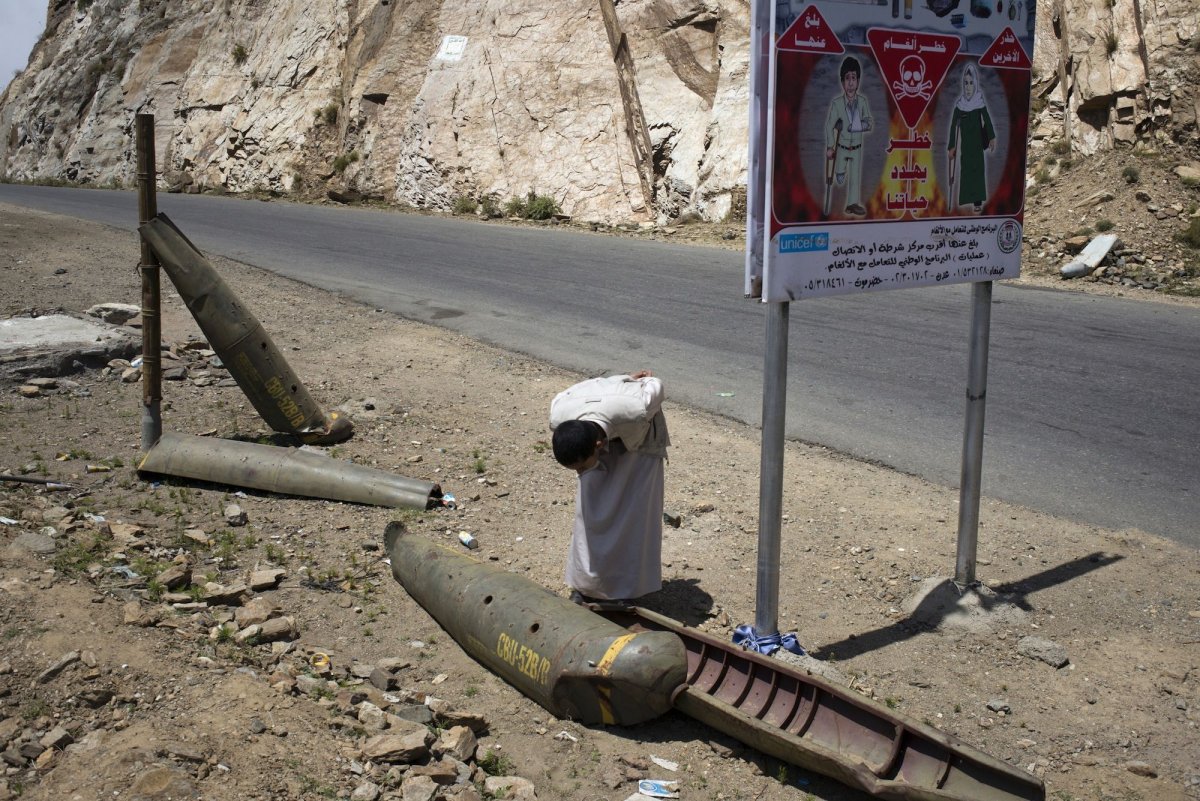
Uncommon Knowledge
Newsweek is committed to challenging conventional wisdom and finding connections in the search for common ground.
Newsweek is committed to challenging conventional wisdom and finding connections in the search for common ground.
About the writer
To read how Newsweek uses AI as a newsroom tool, Click here.








